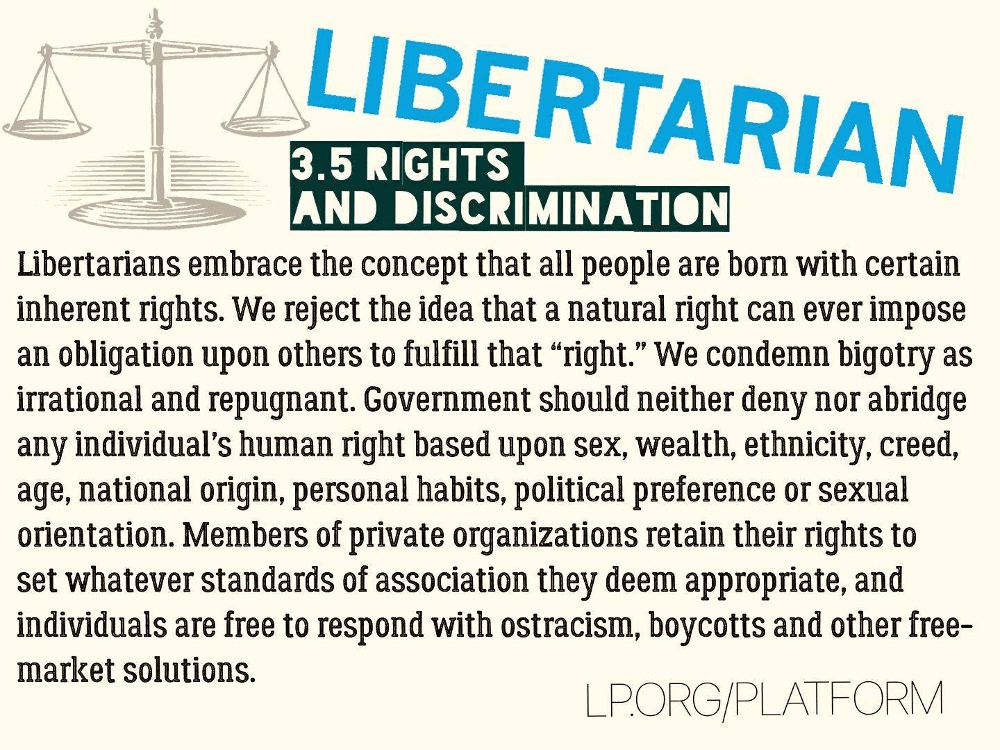Should religious bakers be forced to bake cakes for gay weddings? The U.S. Supreme Court has finally ruled on a case that’s been winding through the judicial system since 2012. Justice Anthony Kennedy wrote the majority opinion in Masterpiece Cakeshop v. Colorado, representing a 7-2 decision that rules in favor of the cake shop’s owner to decline service based on his religious views, because the state of Colorado did not give him a fair hearing.
This case was so narrowly decided, though, that it fails to set precedent for the larger issue of whether a business owner who has sincere religious beliefs can refuse service to customers in a protected class if serving them would conflict with those religious beliefs.
The case started when a gay couple, Charlie Craig and David Mullins, asked Masterpiece Cakeshop owner Jack Phillips, a sincere Christian, to bake them a wedding cake. Phillips refused, citing his religious beliefs that oppose gay marriage. He offered instead to sell them a generic cake. Craig and Mullins brought legal action, which resulted in the Colorado Civil Rights Commission deciding in their favor.
“In overruling the Colorado Civil Rights Commission, the court could have ruled on free speech grounds that compelling Phillips to decorate a cake with gay themes violated his right to free speech,” said Libertarian National Committee Chair Nicholas Sarwark. “The court didn’t do that, though. It could have ruled on freedom of association grounds that Phillips had a right to not do business with people whose lifestyle he disapproved of. The court didn’t do that either. Or it could have ruled that forcing Phillips to bake a gay wedding cake violated his freedom of religion. The court didn’t even do that. Instead, it ruled that the Colorado Civil Rights Commission’s hostility to religion was improper and tainted proceedings that are meant to be impartial. All the substantive issues will have to await another case on another day.”
Libertarians have a long history of supporting individual rights of all types. The Libertarian Party’s first presidential candidate, John Hospers, was openly gay when living that way was against the law in much of the country. His running mate, Tonie Nathan, was the first female vice-presidential candidate to receive an electoral vote — all the way back in 1972.
“Most anti-discrimination laws came about because of public revulsion toward past pro-discrimination laws,” said Libertarian Press Secretary Richard Fields. “Jim Crow laws mandated racial discrimination. People came to understand that government-mandated discrimination was evil, and enacted civil rights laws in response. Better still, though, would be to strike all discriminatory laws from the books and allow people to associate with others as they wish.”
Marriage used to be a private institution, a religious ceremony or a contract between families. When marriage licenses began to be established by governments in the United States, most of them were enacted in order to criminalize miscegenation, marriage between people of different races — a clear violation of their rights.
“Marriage is essentially a contract between the people involved,” Fields said. “It should not require government blessing in the form of a license. Government should have no interest in who marries whom or in the lawful terms of a marriage contract. Government interest should be limited to enforcing the terms of the contract, at most. Similarly, government should not get involved in deciding who will bake cakes for whom. In a free marketplace, there will be plenty of bakers willing to bake cakes for all customers.”
Libertarians believe that most adults can manage to take care of themselves. Government officials should get out of their way and let them. That’s what Libertarians elected to office will do. In 2018, the Libertarian Party will field a record number of candidates for local, state, and federal office. Their primary goal is to let people run their own lives.

